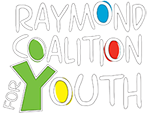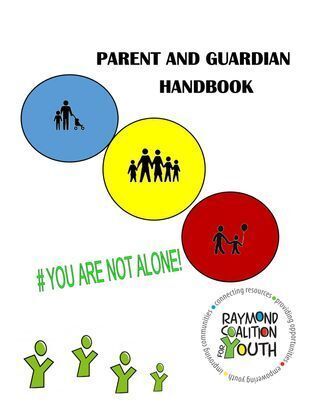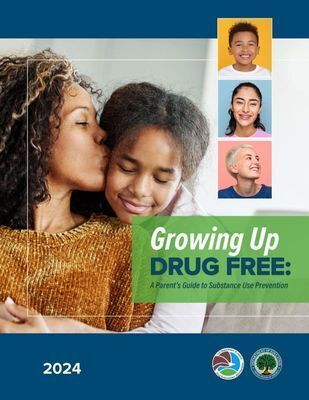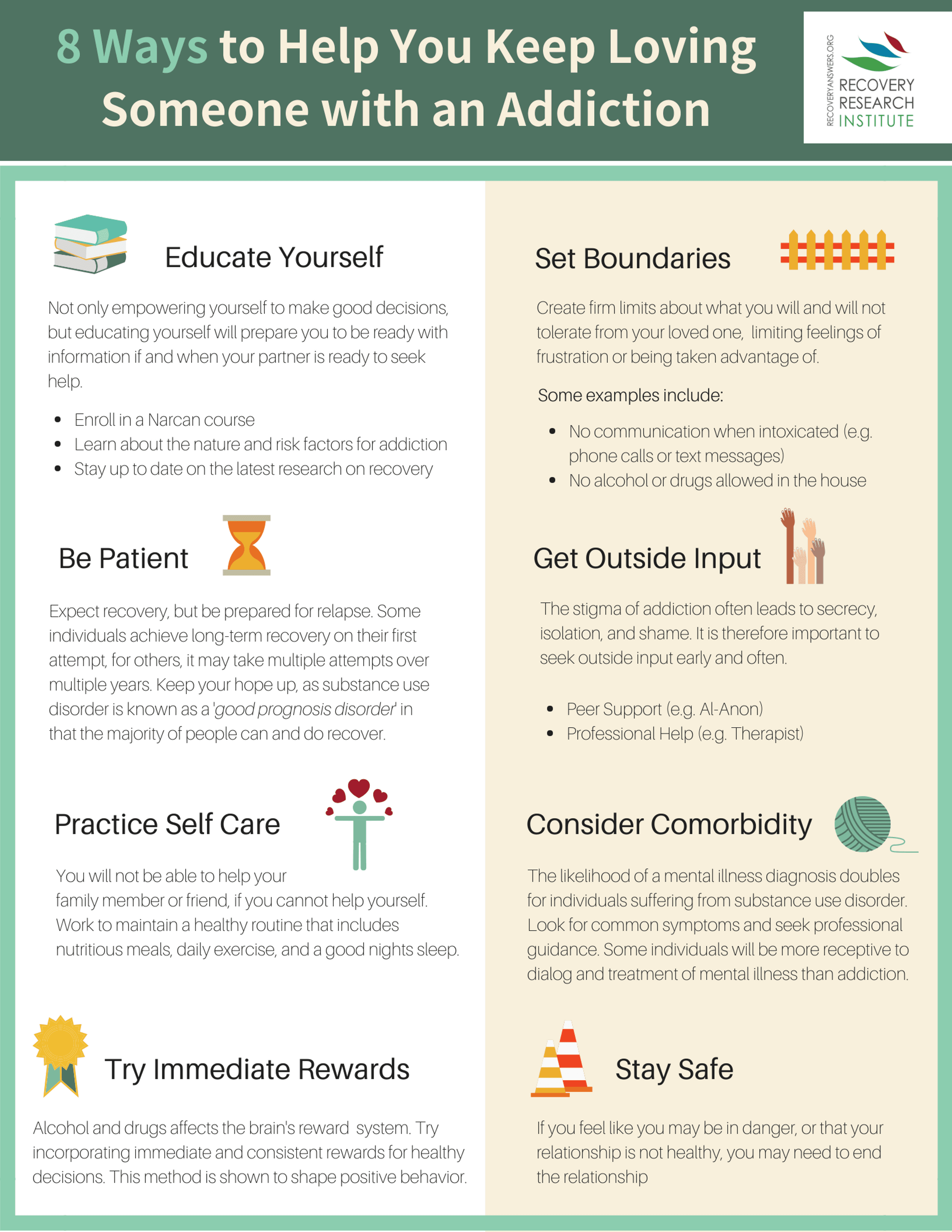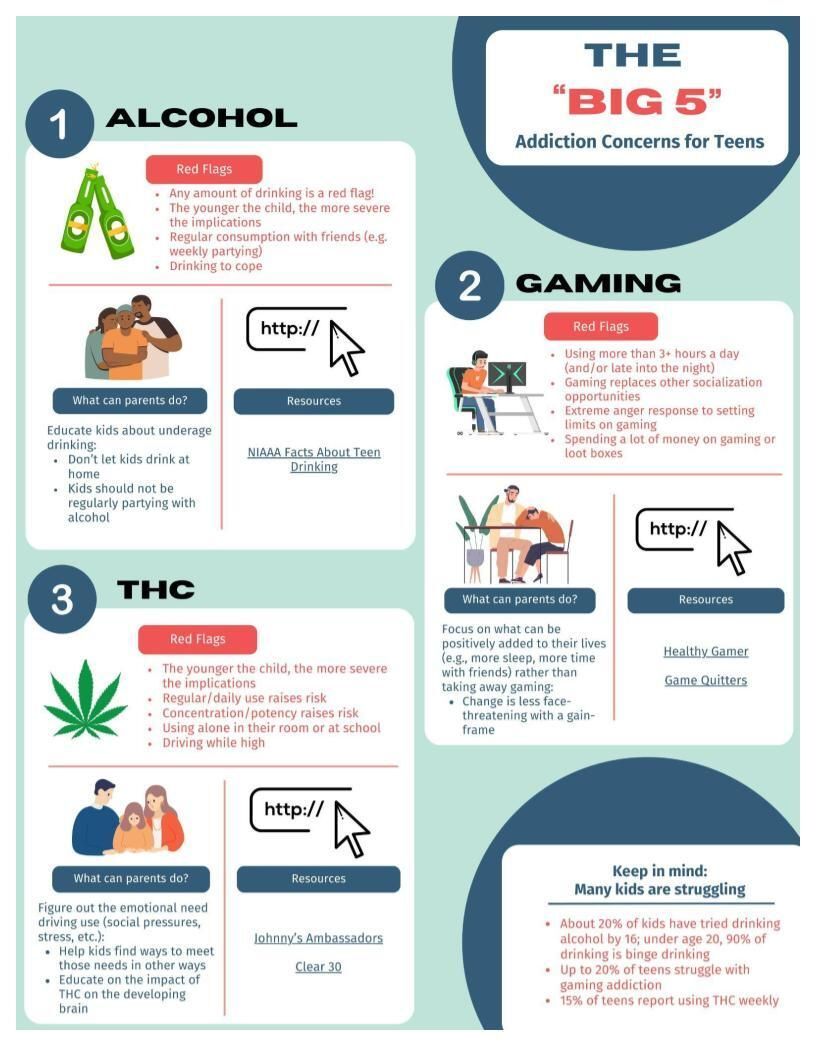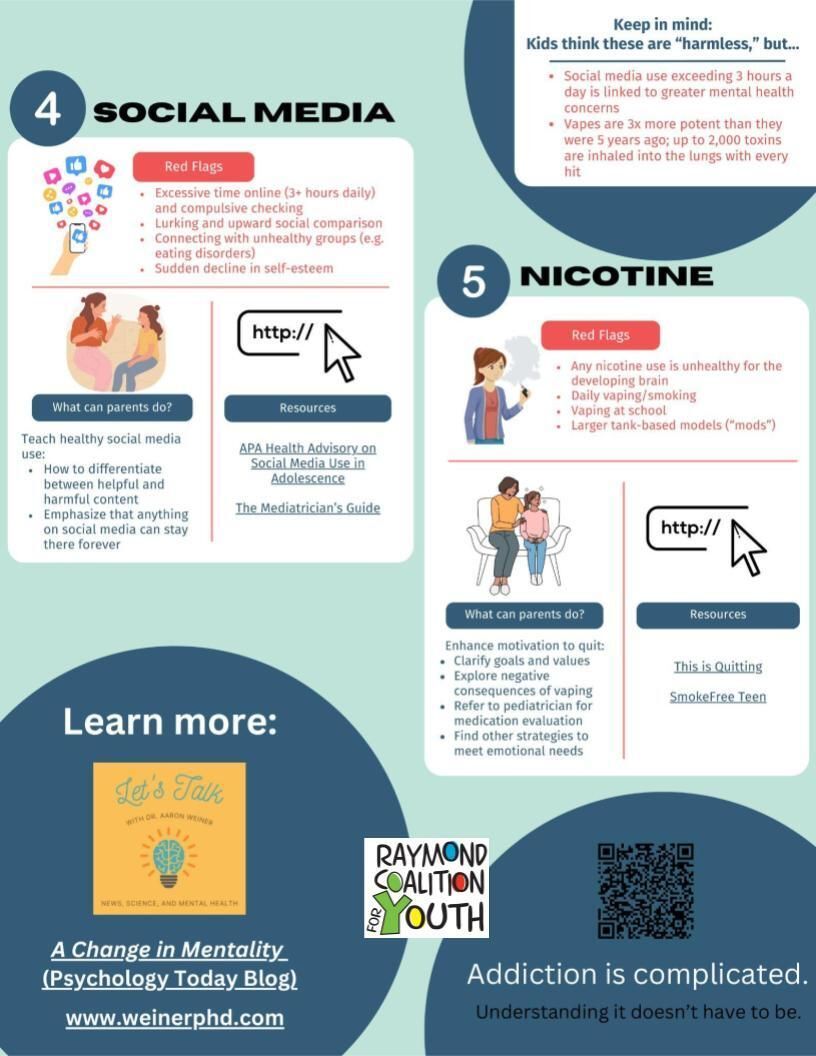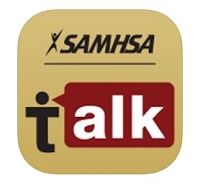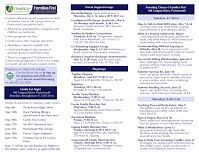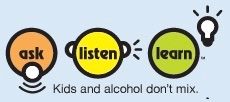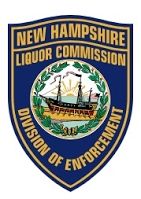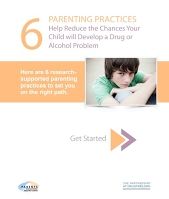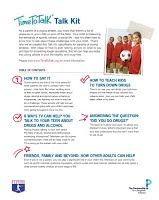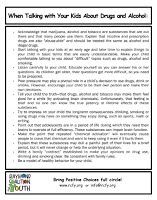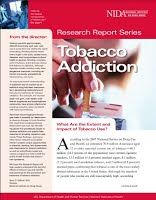Talking to your child about drugs and alcohol can seem scary and make you feel uncomfortable. It is important to know that they may be just as uncomfortable, but also curious. We hear over and over again that they want more information and they want truthful information. The info you will want them to have should come from you, not an internet search or from friends who might be guessing or sharing what they learned on the internet, watching movies or listening to the radio themselves.
Being a kid today is not easy but being a parent can be down right hard. There are so many things to know, to do and to say but it is important to know you are not alone!! There are a lot of resources to help. RCFY is one but we work with many great partners who have something for just about any subject you need help with, and we know there can be many. Grades, friends, bullying, bedtime, gaming, social media, alcohol and drugs, relationships. It doesn't seem to end. But it is important to focus on the positives too. The many opportunities to engage in to have fun, make positive connections, learn and grow, One great resources, in addition to the many listed below is Operation Parent
This page is designed to help with the discussion. It is full of tested sites that have valuable information and ideas. This is not a one size fits all, how you communicate and interact with your child may be very different than how your parents taught you about these things, if they ever even did? Or how your friends and neighbors talk with their kids about this. Again, if they even do.
You have taken a step to make a difference and we want to help. We hope you find the information helpful.
If you can not find a resource you are looking for or an answer to a question you may have here or on our resource page, please
contact us at pbaker@rcfy.org and we will do our best to help walk through your journey.
Fostering Your Flock
"Creating and Maintaining Calm Brains for You and Your Children”
As caregivers, we consistently face incredibly challenging situations. How do we
keep it together? AND How do we do this while supporting our children?
Dr. Alison Roy will introduce participants to what happens to the human brain and
body when we are faced with larger than normal doses of stress. The evening
ends with realistic and easy to implement strategies to use with your own family.
Watch Here (IHGMS Presentation) 5-6-25
1. Don't panic – but be honest. This can be easy if you talk openly with your kids but if it is difficult tell them you are uncomfortable but it is important because they are important to you.
2. Do your homework about drugs but know that you do not need to know everything and it is always okay to say, “You can find that out and get back to them.” This also leaves the door open for a future conversation.
3. Pick a good time - It may help to touch upon it when the subject comes up watching TV, a movie, or in the news. Mealtimes can also be a good time. It' can be easier to have a conversation side-by-side, such as when you're driving in the car, washing up together or preparing food, if direct eye contact is difficult or awkward
5. Avoid scare tactics –Kids don't want to hear they will die if they try something.. They don’t work and most likely your teens may know someone who is already using. Being clear about the dangers of drugs and alcohol and the impact on their brain development and health is the most important information to share.
6. Know your child's friends - Get to know your child's friends. Invite them to the house and take an interest in what’s going on in their lives. You are a trusted adult who is important to both your child and their friend.
7. Let them know you're always there to listen and not judge. Kids have a lot going. If they open up to you about this you need to let them know you value them trusting you and that you are there to support them.
9. Don't give up. It might not be easy but it is important, even if they don’t warm up to the conversation the first time they might the next. Each time you are building trust.
10. Let them be responsible for their actions - You're trying to help your child make good choices in life about drugs. But only they can say no to drugs. Make sure they know you support them, but it's up to them to make the right choice.
The goal is to keep you children safe. Some kids will experiment with drugs or alcohol. You can tell them this is concerning to you because one in ten people who try alcohol or other drugs won’t be able to just walk away, and the longer a child can delay experimenting with substances the better their chances of never having an issue or developing a substance misuse disorder later in life. Fake prescription drugs are a real concern now too and something kids of all ages need to know about. Please make sure your kids know to never take a pill unless it came from a pharmacy.
Help for your child
If your child is using drugs and you are worried use your local resources www.rcfy.org or samsha.org.
Support for yourself - parenting can be an adventure and sometimes a challenge. You are not alone and it is important to talk with other parents or community resources. This is a topic that all parents and youth face. Going through it together with communication and support lightens the load.
Please use the resources below as needed. There are a variety of trusted and accurate sources to choose from.
A Comprehensive Guide for Parents Talking to Their Teenagers About Cannabis - The Impact of Growing Social Acceptance On Teenagers, Why You Should Talk to Your Child About Cannabis, Expert Advice on Cannabis Recovery, The rise of vaping among adolescence and more.....
Helpful Links:
Talk: They Hear You, from SAMHSA is full of great tips and resources.
Articles:
Why Adults Matter - FCD Prevention Source e-Journal
Parents Are Cutting Off Their Opioid-Addicted Kids — and It's the Toughest Decision of Their Lives
More Resources:
Families First: Support for families...health care for all
Holding various support groups in the Seabrook/Portsmouth areas. Click on this picture for more information:
How do you really keep your kids safe from addiction? 90% of Americans with a substance use disorder began using substances before the age of 18. Visit the Addiction Policy Forum's Prevention Tips for Parents web page.
Ask, Listen, Learn: Kids & Alcohol Don't Mix
-
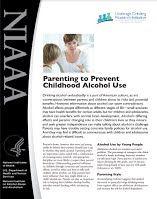 Parenting to Prevent Childhood Alcohol Use:
Parenting to Prevent Childhood Alcohol Use:Drinking alcohol undoubtedly is a part of American culture, as are conversations between parents and children about its risks and potential benefits. However, information about alcohol can seem contradictory. Alcohol affects people differently at different stages of life—small amounts may have health benefits for certain adults, but for children and adolescents, alcohol can interfere with normal brain development. Alcohol’s differing effects and parents’ changing role in their children’s lives as they mature and seek greater independence can make talking about alcohol a challenge. Parents may have trouble setting concrete family policies for alcohol use. And they may find it difficult to communicate with children and adolescents about alcohol-related issues.
-
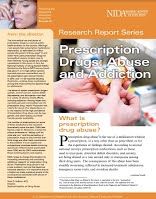 Prescription Drugs - Abuse and Addiction:
Prescription Drugs - Abuse and Addiction:Prescription drug abuse is the use of a medication without a prescription, in a way other than as prescribed, or for the experience or feelings elicited. According to several national surveys, prescription medications, such as those used to treat pain, attention deficit disorders, and anxiety, are being abused at a rate second only to marijuana among illicit drug users. The consequences of this abuse have been steadily worsening, reflected in increased treatment admissions, emergency room visits, and overdose deaths.
-
We hope this Research Report will help readers understand the harmful effects of tobacco use and identify best practices for the prevention and treatment of tobacco addiction.
-
E-Cigarettes & Vaping:
E-Cigarette Use Among Youth and Young Adults - Fact Sheet from a report of the Surgeon General, December 2016.
Know the Risks: E-Cigarettes & Young People: Visit the U.S. Surgeon General's interactive website, updated December 2016.
-
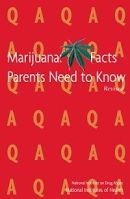 Marijuana Facts Parents Need To Know:
Marijuana Facts Parents Need To Know:The human brain does not fully mature until the early twenties. Among the last areas to develop are those that govern impulse control and planning. So what might that mean for teens? On one hand, they may be more adventurous than adults, willing to take chances…on the other, this could involve risky behaviors, including drug use. The trick is to find ways to encourage your kids to be the unique individuals they are, without exposing themselves to the dangers of experimenting with drugs - including marijuana. Talking openly about it is a good start.
-
David Patterson, who works with the ACLS Training Center, has written this article about the effects of illegal drug use on the heart.
ADDITIONAL RESOURCES
PARENT RESOURCES:
Families First: Support for families...health care for all, (603) 422-8208
Parenting in Recovery: While you're trying to figure out your new normal at home, it is important to find distractions for yourself and your children.
GRANDPARENT RESOURCES:
Seacoast Grandparents Recharge Group
Step Up Parents - Step Up Parents provides financial assistance to kinship caregivers in New Hampshire who are raising the children of parents with substance use disorder.
Here are two links to two brochures for possible financial and other support services:
https://www.dhhs.nh.gov/dfa/documents/village.pdf
https://www.dhhs.nh.gov/dfa/grandparent-resources/documents/grandfamilies.pdf
This is a respite resource for grandparents who just need a little break and can possibly help with childcare: https://www.nhcarepath.dhhs.nh.gov/partner-resources/documents/grandparent-handout.pdf
The Raymond Coalition For Youth believes that ALL adults have the power to make a difference in the lives of our young people. To support this vision the Coalition has purchased multiple copies of Parent, Teacher, Mentor, Friend - by Peter L. Benson, PH.D.
These books are FREE for adults in the community who are looking to learn more about how simple it can actually be to make a difference in young person’s life. Male or Female, Old or Young, Rich or Poor, we are all responsible for the children our culture is raising. If you are interested in reading the book please contact our office, if you love it – please pass it along to a friend so others can learn about how easy it is, if you are not a fan and captivated from the start – please return to our office so we can share it with someone else.
